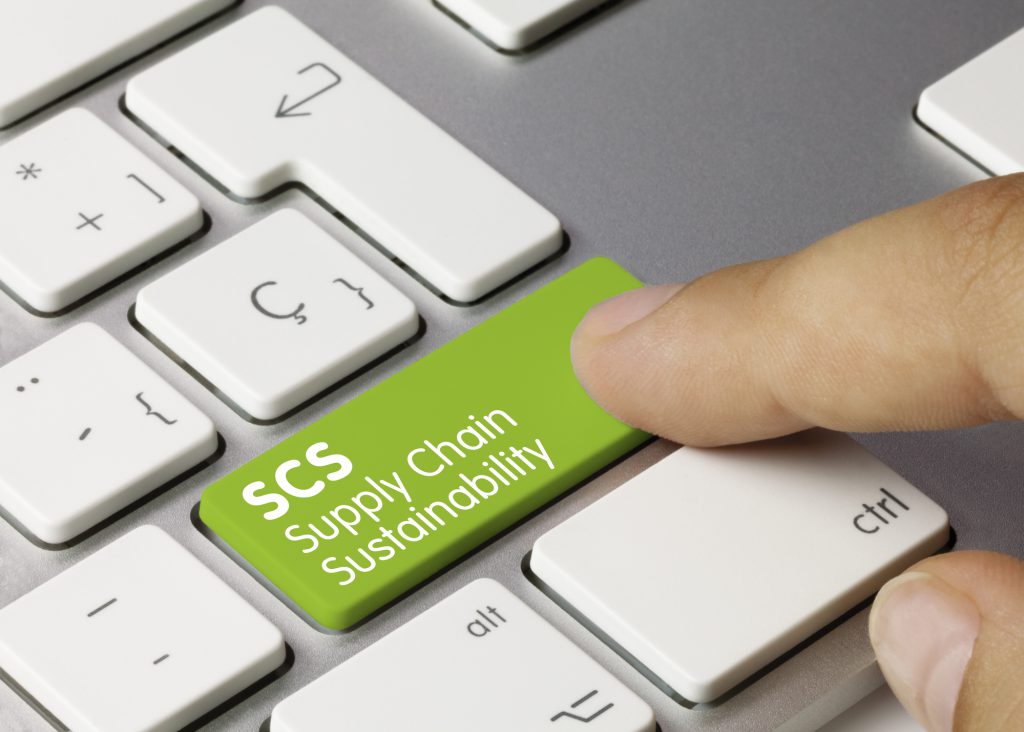Discover the power of sustainable supply chains and learn the secrets to harmonizing environmental goals with business success!
In today’s global business landscape, sustainability has emerged as a critical driver for long-term success and corporate responsibility. As supply chains play a significant role in shaping environmental impacts, supply chain leaders are increasingly tasked with leading sustainable initiatives that strike a balance between environmental stewardship and business objectives. In this article, we will explore the importance of sustainable supply chain management, the challenges and opportunities it presents, and strategies for effectively leading initiatives that align environmental goals with business priorities.
The Significance of Sustainable Supply Chain Management
Sustainable supply chain management refers to the integration of environmentally and socially responsible practices across the entire supply chain lifecycle. The adoption of sustainable initiatives is not only driven by corporate social responsibility but also by the recognition that sustainable practices can yield significant business benefits. Some of the key reasons why leading sustainable supply chain initiatives are crucial include:
- Environmental Impact: Supply chains have a substantial environmental footprint, encompassing resource extraction, manufacturing, transportation, and disposal. Sustainable practices can reduce greenhouse gas emissions, waste generation, and natural resource consumption, mitigating negative environmental impacts.
- Risk Mitigation: Environmental regulations and consumer demands are increasingly stringent, posing compliance and reputational risks for companies. By proactively implementing sustainable practices, organizations can reduce exposure to potential risks and legal liabilities.
- Cost Savings: Sustainable initiatives often lead to operational efficiencies and cost savings. For instance, energy-efficient transportation and packaging practices can reduce fuel costs and materials consumption.
- Market Differentiation: Consumers are becoming more environmentally conscious and are actively seeking products and services from eco-friendly and socially responsible companies. Implementing sustainable supply chain initiatives can differentiate a company from competitors and attract a broader customer base.
Challenges in Balancing Environmental and Business Goals
While the benefits of sustainable supply chain management are evident, achieving the delicate balance between environmental goals and business objectives can be challenging. Some common challenges include:
- Cost vs. Benefit Trade-Offs: Sustainable initiatives may require upfront investments or operational changes that impact short-term profitability. Leaders must assess the long-term benefits against immediate costs and ensure that sustainable investments align with overall business strategy.
- Supply Chain Complexity: Supply chains are often intricate networks involving multiple suppliers and partners. Implementing sustainable practices across the entire chain requires collaboration and commitment from all stakeholders, making coordination challenging.
- Data and Transparency: Accurate data is essential for measuring sustainability performance and setting realistic goals. Supply chain leaders may encounter difficulties in gathering data from suppliers and maintaining transparency throughout the supply chain.
- Regulatory Compliance: Keeping up with evolving environmental regulations in different regions can be demanding. Leaders must ensure that sustainable initiatives align with local laws and international standards.
Strategies for Leading Sustainable Initiatives
- Establish Clear Goals: Define specific, measurable, achievable, relevant, and time-bound (SMART) sustainability goals aligned with the organization’s overall vision. Communicate these goals to all stakeholders to create a shared sense of purpose.
- Conduct Life Cycle Assessments: Understand the environmental impacts of the supply chain by conducting life cycle assessments. Identify hotspots and prioritize areas where sustainable practices can yield the most significant benefits.
- Collaborate with Suppliers: Engage suppliers in sustainable practices by fostering open dialogue, providing support, and incentivizing eco-friendly behaviors. Collaborative efforts can drive positive change across the entire supply chain.
- Invest in Technology: Leverage technology to track and manage sustainability performance. Implement supply chain analytics, blockchain, and Internet of Things (IoT) solutions to enhance data visibility and transparency.
- Employee Engagement and Training: Educate and empower employees to embrace sustainable practices. Building a culture of sustainability within the organization can drive innovation and creative problem-solving. Involve all relevant stakeholders, including customers, investors, and communities, in sustainability initiatives. Transparently communicate progress and achievements to build trust and support.
Leading sustainable supply chain initiatives is both a moral imperative and a strategic necessity for modern businesses. Supply chain leaders play a vital role in balancing environmental goals with business objectives, driving positive change across the entire supply chain. By establishing clear goals, leveraging technology, collaborating with suppliers, and engaging stakeholders, organizations can drive sustainability while maintaining competitiveness and profitability. Embracing sustainable supply chain management not only ensures resilience in the face of environmental challenges but also positions businesses as responsible leaders committed to a greener, more sustainable future. As we continue to navigate an increasingly interconnected global economy, the integration of sustainability into supply chain strategies will prove to be a key differentiator for companies striving for long-term success and positive societal impact.
The Perfect Planner Team is here if you have any questions about Sustainable Supply Chains, and we offer a free consultation service. If you would like to connect with us on this article or any other topic, please message us on LinkedIn, shoot us an email at info@perfectplanner.io, visit our website at www.perfectplanner.io, or give us a call 423.458.2979.
Author: Thomas Beil
Publication Date: March 7, 2024
© Copyright 2024 Perfect Planner LLC. All rights reserved.






